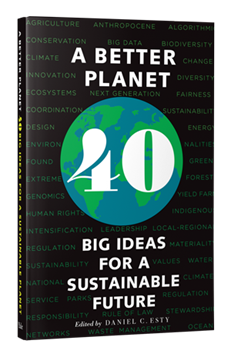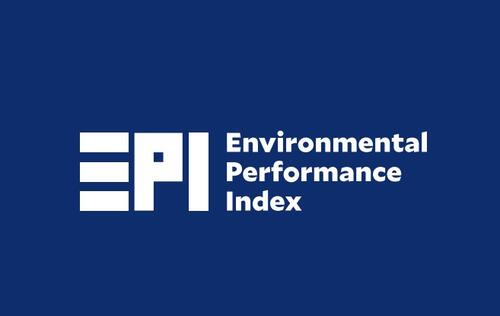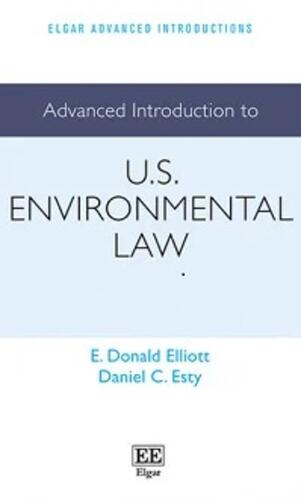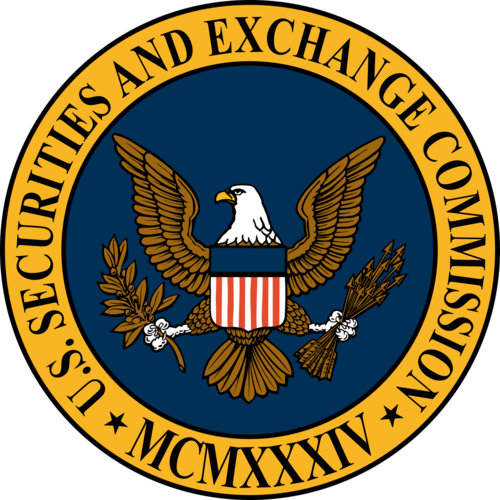In their proposed rule on climate-related risk disclosure, the Securities and Exchange Commission (SEC) referenced the Yale Initiative on Sustainable Finance (YISF) 2020 White Paper Toward Enhanced Sustainability Disclosure: Identifying Obstacles to Broader and More Actionable ESG Reporting, which was written with support from the Climate Works Foundation.
Based on a survey of executives from more than 100 public companies, the YISF White Paper deepens the understanding of corporate ESG reporting practices, challenges, and thinking about how best to track and scorecard corporate sustainability performance. By highlighting the shortcomings that plague the existing patchwork of sustainability metrics, and suggesting a pathway toward a more robust framework for gauging corporate sustainability performance, this White Paper seeks to make it easier for investors to identify corporate sustainability leaders and laggards. Considering the need for more clarity and guidance around ESG disclosure and formats, the YISF White Paper calls for the creation of a standardized ESG reporting framework with mandatory disclosure by all public companies. Assurance requirements and an initiative to harmonize disclosure requirements at international level are also proposed to help ensure the quality of data reported and a commitment to continuous improvement in the information available to investors.
By establishing a mandatory reporting framework for climate-related risks, the SEC rule realizes a longstanding demand of YISF. It concurs with our findings that the proliferation of reporting framework has made ESG reporting more difficult, not simpler. This new proposed rule by the SEC would bring more consistency, as well as transparency, to the corporate sustainability world. However, by focusing on the disclosure of greenhouse gas emissions and climate-related financial risks, the SEC’s proposed rule would only mandate transparency against a narrow set of ESG issues, despite investors’ wider demands. The YISF aims to comment on the proposed rule by May 20, 2022.
Read the SEC proposed rule here.
Check out the YISF White Paper here (an updated version of the YISF White Paper is forthcoming in the Virginia Law & Business Review).




